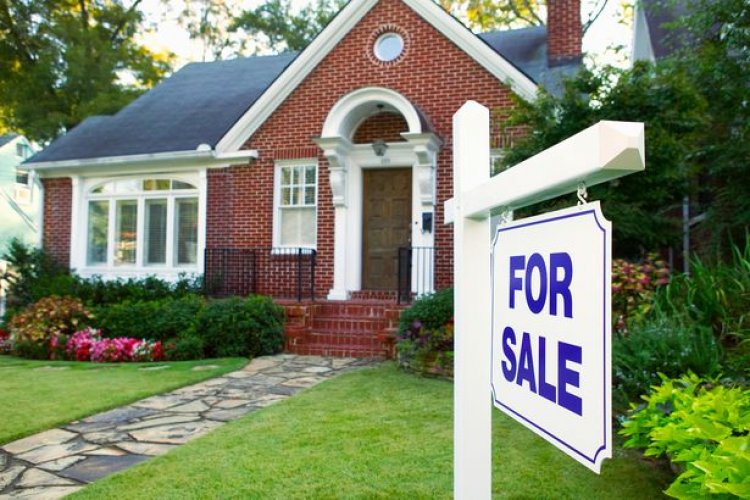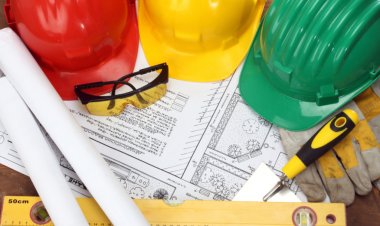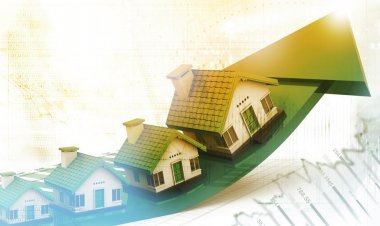6 Things to Consider When Buying a House in Your 50s
If you are 50 and want to buy a house, you probably still have many working years ahead of you, which means more money to put towards home ownership.

It is not uncommon for a 50-something-year-old to wonder if he or she is too old to buy a house at their age. The answer is emphatical no! A few years ago, the general assumption was that most, if not all, people retired around the age of 60 or 65, which is no longer the case, as many people who are of this age are still working.
This is to say that if you are 50 and want to buy a house, you probably still have many working years ahead of you, which means more money to put towards home ownership. This does not necessarily imply that you should let up on your oars because you are no longer as young as you once were.
This means that your financial decisions will be more complicated in some ways and easier in others. If you are thinking about buying a home in your 50s, you should look at 6 things to consider when buying a home in your 50s.
1. How big of a house do you really require?
Don't get so caught up in the excitement of finally being able to afford your dream home that you forget to consider the possibility that you don't need such a large house.
The size of your home is an important factor to put into consideration. If your children have left or will leave soon, you should consider whether you want to clean, maintain, or decorate multiple rooms that you will not use, especially as you get older. On the other hand, grandkids may be a compelling reason to purchase a larger home, and if you had children later in life, you may still have years of young children at home.
2. How about the mortgage?
If you are in your 20s or 30s, you can always consider a 30-year mortgage plan, but if you are in your 50s, you should think twice. You don't want to be making payments as an elderly person. Consider a 15-year mortgage or one of the other advantageous types offered by your bank. Also, if you intend to stay in your current home after retirement, try to pay off the mortgage while you're still working.
Mortgages necessitate a lot of number crunching, and you may also require the assistance of a trusted adviser. When considering a mortgage, be patient enough to conduct adequate due diligence and research on the various mortgage institutions available.
3. Where would you like to live?
Everyone understands that location affects home prices, but few understand how much of a difference it makes. Purchasing a home on Banana Island, for example, is more expensive than purchasing a home in Yaba.
Perhaps you aren't looking to make such a drastic change, but you can often find shockingly large living differences within your own neighborhood. A wealthy neighborhood may be beautiful, but you must consider whether the cost is worth it to you.
You should also investigate the area in which you intend to live. How prevalent is a crime? What happens when it rains on the street? Where is the nearest police station? You must remain vigilant and ask as many questions as possible until you are convinced that this is the right location for you.
6. How are you feeling physically?
If you or a close family member is ill, you may need all the money you can get to cover the costs. You can't predict health problems, so make sure you have enough money set aside for medical emergencies. This is a compelling reason to avoid overspending on housing.
5. How frequently do your children visit?
If the size of your family necessitates the need for multiple bedrooms, a larger home may be preferable. If your children are far away and only visit once or twice a year, you may not need to buy a large house to avoid having empty rooms.
6. How much does it really cost to buy?
You should consider what the true cost of your purchase is. Before you buy, take the time to calculate the cost of repairs, the cost of purchasing additional furniture and fitting, the cost of maintenance, and so on.
If you have a real estate press release or any other information that you would like featured on African Real Estate Blog Post do reach out to us via email at [email protected]
























![4 Indigenous Tribes Living in Huts in East Africa [PHOTOS]](https://realestateblogpost.com/uploads/images/2023/06/image_380x226_6482dd8b5c94a.jpg)








